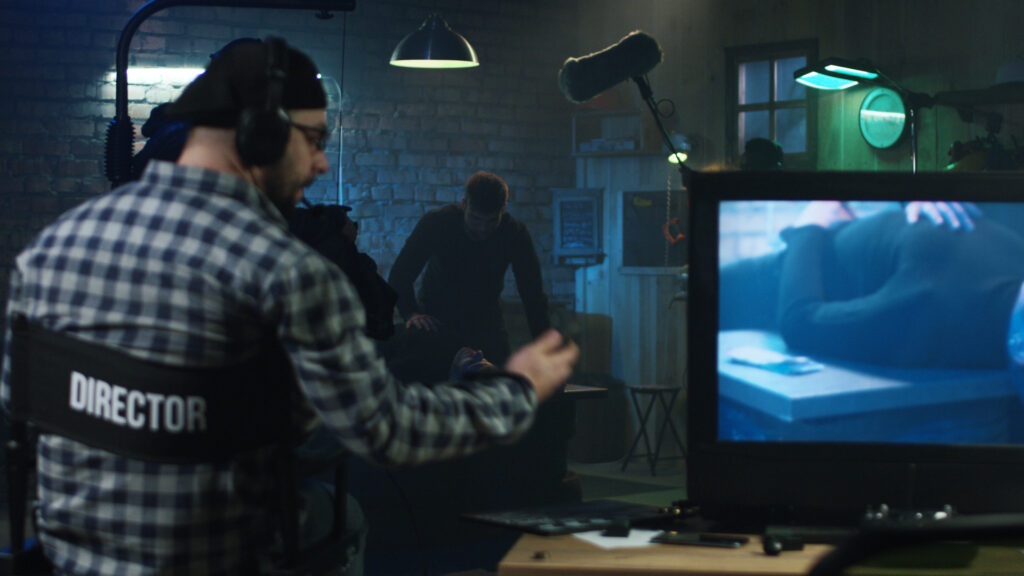Navigating Client Requests in Film Production

In the world of film production and acting, managing client expectations is an essential skill. While contracts serve as the foundation for any project, it’s not uncommon for clients to request additional services or changes beyond the agreed terms. Handling such situations professionally is crucial for maintaining positive relationships and ensuring a successful collaboration. Here are some effective strategies for responding to clients who ask for more than what was originally agreed upon in a contract.
First, do not start work for a client until a contract is in place. The contract serves an important function listing the expectations for all involved in the work. Without a contract, both the client and the contractor will be confused about expectations. Be sure to clarify all terms of the contract which are unclear to you.
Now once the client asks for modifications, before responding, take the time to thoroughly understand the client’s request. Clarify the specifics of what they are asking for and how it deviates from the initial agreement. This will help you assess the situation more clearly and respond appropriately.
Carefully revisit the terms outlined in the contract. Identify the scope of work, deliverables, and any provisions related to additional services or changes. Having a solid understanding of what was agreed upon will empower you to discuss the situation confidently.
Regardless of the nature of the request, always maintain a professional tone in your communication. Address the client respectfully and empathetically, acknowledging their concerns. Avoid becoming defensive, as it can escalate the situation and harm the relationship.
Politely explain the terms of the contract and how the requested changes fall outside its scope. Offer to walk the client through the contract if necessary, highlighting the relevant sections. Educating the client about the agreed-upon terms can help them understand the limitations of the initial agreement.
If the client’s request is reasonable and you are open to accommodating it, present clear options. Outline the additional services or changes requested, along with associated costs and timelines. Transparency is key; providing detailed information allows the client to make an informed decision.
Be open to negotiation if the client’s request is feasible but requires adjustments to the project terms. Discuss possible compromises that benefit both parties. Finding middle ground demonstrates your willingness to work collaboratively while upholding the integrity of the original agreement.
Keep a record of all communications related to the client’s request. Document discussions, agreements, and any changes made to the contract. This documentation serves as a reference in case of future misunderstandings and provides legal protection if needed. Ideally all communication will be done via email or text. In the case of a verbal conversation, respond via text or email to the client restating the clients request so that there is written documentation. Be sure to CYA (Cover Your….Assets)
While it’s essential to be flexible and accommodating, there may be situations where the client’s request is unreasonable or significantly deviates from the contract. In such cases, be firm but polite in your response. Clearly explain why the request cannot be fulfilled and offer alternative solutions if possible.
For production professionals, if you find yourself in a situation where the client insists on changes that breach the contract or put you at a disadvantage, consider seeking legal advice. A legal professional can help you understand your rights, obligations, and potential courses of action.
For actors, your agent or manager is the first line of negotiation for you with the client. Keep your representative informed about any and all change request made to you by production so that they can follow up and advocate on your behalf.
In the dynamic field of film production and acting, effective communication and professionalism are invaluable assets. By approaching client requests with understanding, transparency, and a solutions-oriented mindset, you can navigate challenging situations while preserving relationships and upholding the integrity of your work. Remember, clear communication and mutual respect are the foundations of successful collaborations in the entertainment industry.




